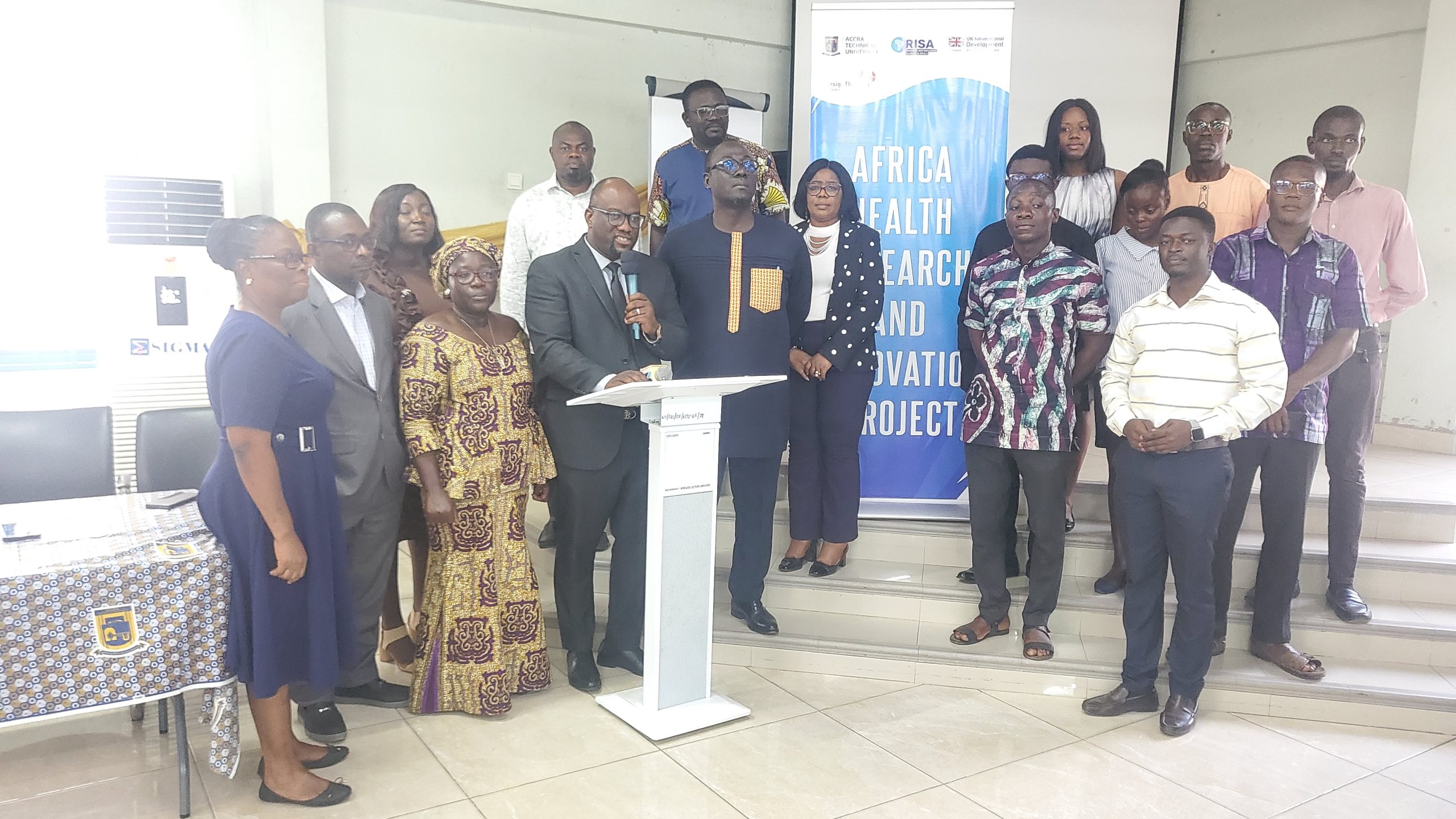- Hurricane Milton timeline: Where and when will it make landfall in Florida?
- CVS, UnitedHealth say FTC should take Lina Khan and two commissioners off drug middlemen case
- Ozempic underworld: Inside the black market of obesity drugs
- Weekly mortgage demand drops as interest rates hit the highest level since August
- HSBC exec says there's a lot of AI 'success theater' happening in finance
What do you believe is the single most important factor driving up the cost of living in Nigeria?

Digital footprint data analysis contributes to new UN publication
Digital footprint data analysis by Professor Francisco Rowe, from the University's Department of Geography & Planning and Geographic Data Science Lab, provides important insights to a new report published by the UN's Economic Commission for Latin America and Caribbean (ECLAC).
Professor Rowe and Dr. Carmen Cabrera-Arnau, Liverpool geographic data scientists, explored how the ethical use of location data extracted from digital technologies can enable analysis of the changes produced by the COVID-19 pandemic in Latin American countries, where human mobility data at national scales are also available through censuses every 10 years for most countries.
This digital footprint data analysis is used to inform the paper "Medium-term changes in internal population movements in Latin American countries: the effects of the COVID-19 pandemic," No. 139 of the Population and Development Series.
Existing evidence has shown that the COVID-19 pandemic modified patterns of internal population movements. The report authors have contributed to this body of evidence by analyzing the case of Spain and the United Kingdom. All this evidence, however, focuses on countries in the Global North and has been limited to investigating the immediate effects of COVID-19 during 2020.
A major limitation to analyzing changes in the mobility patterns within countries in the Global South, including Latin America, has been the lack of data.





- October 9, 2024
Ozempic underworld: Inside the black market of obesity drugs


- October 9, 2024
Can visiting genocide memorials make you more empathic?

- October 9, 2024
Professor helps discover global gap in geologic record
Subscribe to our mailing list to get the new updates!

Subscribe our newsletter to stay updated
Thank you for subscribing!






